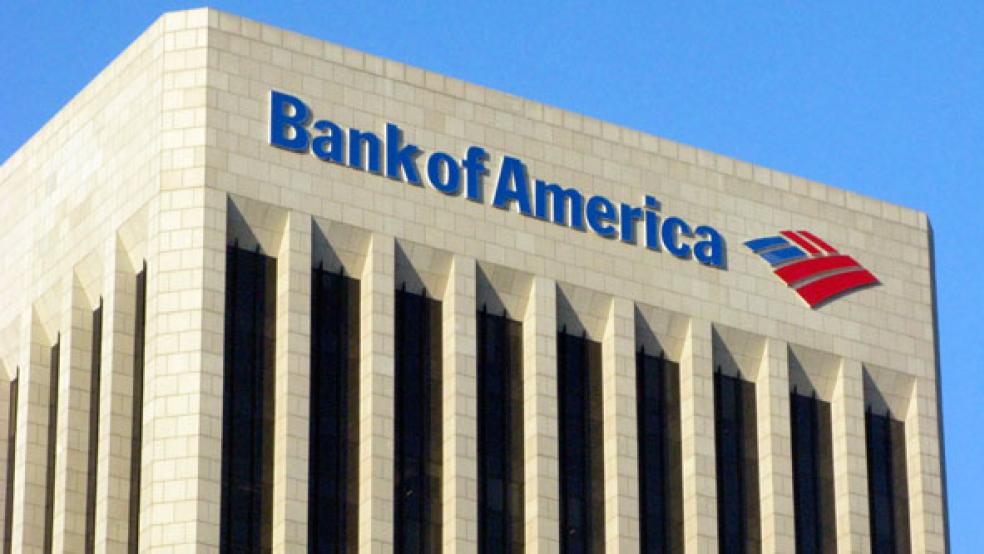The Department of Justice has taken a lot of flak for its response to the mortgage crisis that helped lead the U.S. into the Great Recession in the middle of the last decade. Criminal prosecutions have been few, and settlements with large banks, such as B of A and JP Morgan Chase have taken years to materialize.
But some experts believe DOJ has found a successful strategy that could wind up costing banks and the Wall Street firms that securitized and sold questionable mortgage securities an awful lot of money.
Late Wednesday, news broke that DOJ and Bank of America were close to agreement on a civil settlement that would require the bank to pay as much as $17 billion for its role in the crisis. If the two parties come to an agreement, the eye-popping dollar figure will likely be the one thing people remember about the bank’s dealings with Justice. However, a less-noticed case that actually went to trial could be Bank of America’s real contribution to the history of DOJ’s response to the crisis.
Related: A Modest Proposal for Eric Holder – Back Off the Banks
In a case specific to a set of mortgages underwritten by the former Countrywide Financial, which Bank of America bought in 2008, the bank challenged a Justice Department’s interpretation of the Financial Institution Reform, Recovery and Enforcement Act in its civil suit.
DOJ, in essence, charged that the bank had committed fraud, but because it did so in a civil suit, it was only obliged to prove the charges by a “preponderance of the evidence” rather than the reasonable doubt standard normally applied to criminal cases.
“There is something counterintuitive about making a civil penalty contingent on a criminal violation only proved by the civil standard,” said Peter Henning, a professor at Wayne State University Law School in Detroit.
Another strange element of the case is that FIRREA reads as though it is supposed to apply to cases of fraud committed against a bank – not fraud by the bank itself. The government has argued that the fraud, while ostensibly committed by the bank, also affected the bank, and that the charge was permissible.
Related: The Next Financial Crisis Is Brewing Right Now, and Regulators Are Missing It
The approach has survived the scrutiny of several federal courts, and in recent ruling in the penalty phase of the case related to the former Countrywide’s mortgage practices, Manhattan Federal District Court Judge Jed S. Rakoff ruled that BofA was liable for $1.26 billion in penalties.
The Countrywide program in question – known as the High Speed Swim Lane, or Hustle, within the company – represented only a small fraction of the firm’s mortgage portfolio, meaning that penalties in cases dealing with larger programs could skyrocket.
“It’s turned out FIRREA has been a Godsend to the Justice Department, like unearthing a new toy,” said Herring. “The win in the Hustle case is going to give them a lot of leverage, so I think we’ll see settlements. I don’t think banks want to take these cases to trial.”
Related: Why “Too Big to Fail” Is a Bigger Problem than Ever
Herring said that there is also strong speculation in the legal community that DOJ may soon start using the FIRREA strategy against Wall Street firms that packaged and sold mortgages that they knew, or should have known, were of poor quality.
And though to many people, the mortgage crisis of the middle of the last decade may seem like ancient history, companies with potential culpability can’t afford to treat it that way. That’s because FIRREA offers DOJ one further advantage.
“The nice thing for them is that it has a ten-year statute of limitation,” said Herring. “They’re not even brushing up against it.”
Top Reads from The Fiscal Times





